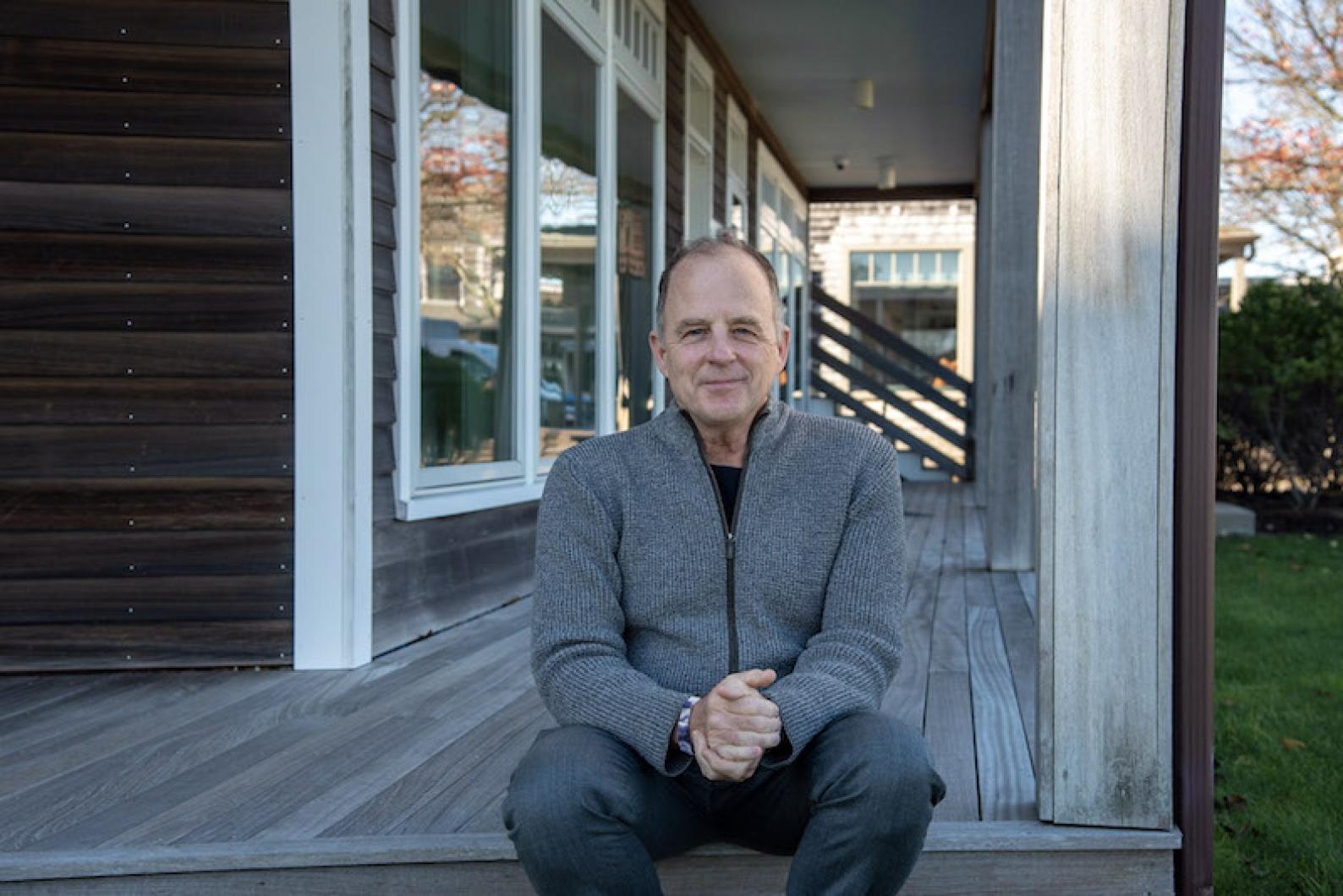Over nearly four decades of providing end-of-life support and grief counseling to Island families, Hospice of Martha’s Vineyard has proudly operated outside the Medicare system. Now the cherished nonprofit is taking steps to become Medicare certified in order to serve more Vineyard residents.
“We are one of a handful of nonprofit hospices in the country that has chosen not to be Medicare certified,” executive director Thomas Hallahan said in a recent interview. “It was looked at as being restricted, with a government agency having oversight of our services.”
But when people with medical conditions seek hospice services, they must be in a Medicare certified program to receive benefits covering their prescriptions and any needed equipment to keep them as comfortable as possible as they reach the end of their lives.
“When people qualify, if they need a hospital bed, if they need oxygen, then they automatically get it and it’s paid for,” Mr. Hallahan said. “Right now, that is not the case.”
Island patients needing those benefits are referred to a Medicare-certified hospice based on Cape Cod. And that, Mr. Hallahan said, contradicts his organization’s guiding vision and mission: to provide quality palliative care and bereavement services for every Islander who needs them.
“We are the agency for end-of-life care on the Island, for all people,” he said. “It was blatantly obvious . . . we were not meeting our mission and vision to the fullest.”
The decision to seek Medicare certification came after conversations with the hospice board, a feasibility study conducted last year and internal discussions with hospice staff, Mr. Hallahan said.
“We did not want to lose everything that we had been known for for 39 years,” he said, emphasizing that families who do not qualify for the Medicare hospice benefit will continue to be welcomed alongside those who do.
“What we came to realize was that we can do both . . . to fully meet the needs of our Island community,” he said.
The board voted in July to proceed with certification.
“We are not doing this for financial reasons,” Mr. Hallahan said. “We are doing this to meet our mission and vision.”
Hospice will continue to offer palliative care and grief counseling, which are services Medicare doesn’t pay for.
“We cannot and will not bill for those,” said Mr. Hallahan, who recently sent out the organization’s annual appeal letter. “Philanthropy will continue to be a cornerstone of what we do,” he said.
Medicare certification is a laborious process in which hospice is working with an external consultant, a steering committee and an advisory group, as well as the Martha’s Vineyard Hospital, Mr. Hallahan said.
“The time that is involved is extensive,” he said, estimating that the certification could be completed by late 2021 or early 2022.
“It will be a seamless transition,” he added.
“Our patients and our families will not really notice the difference — except for when they call, we will always say yes.”







Comments (5)
Comments
Comment policy »